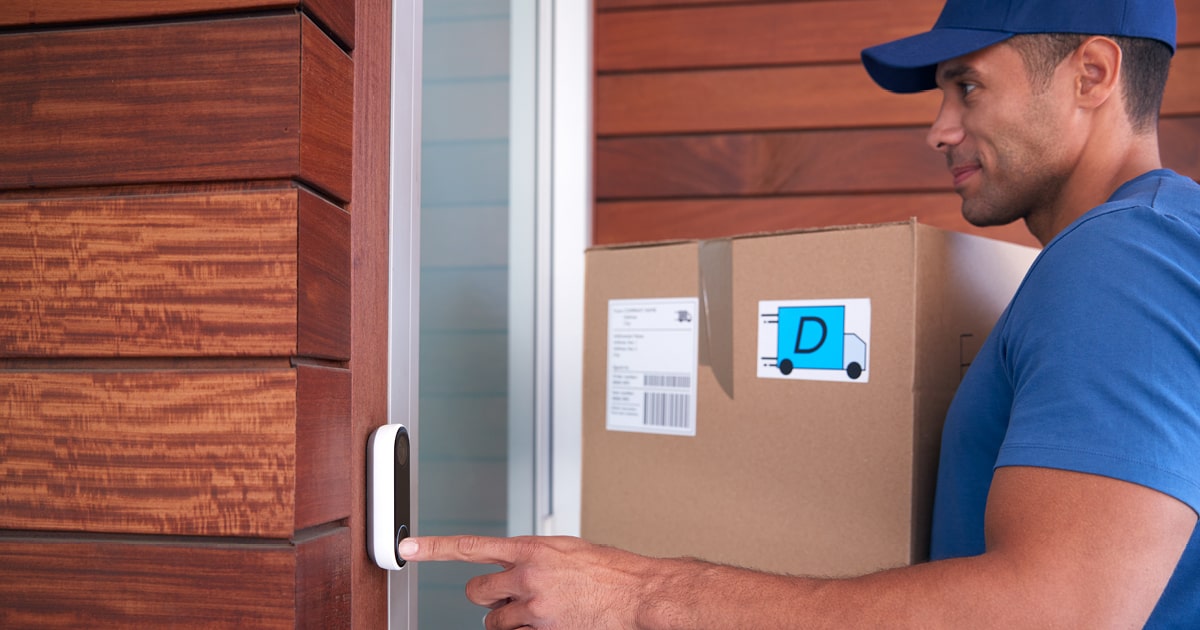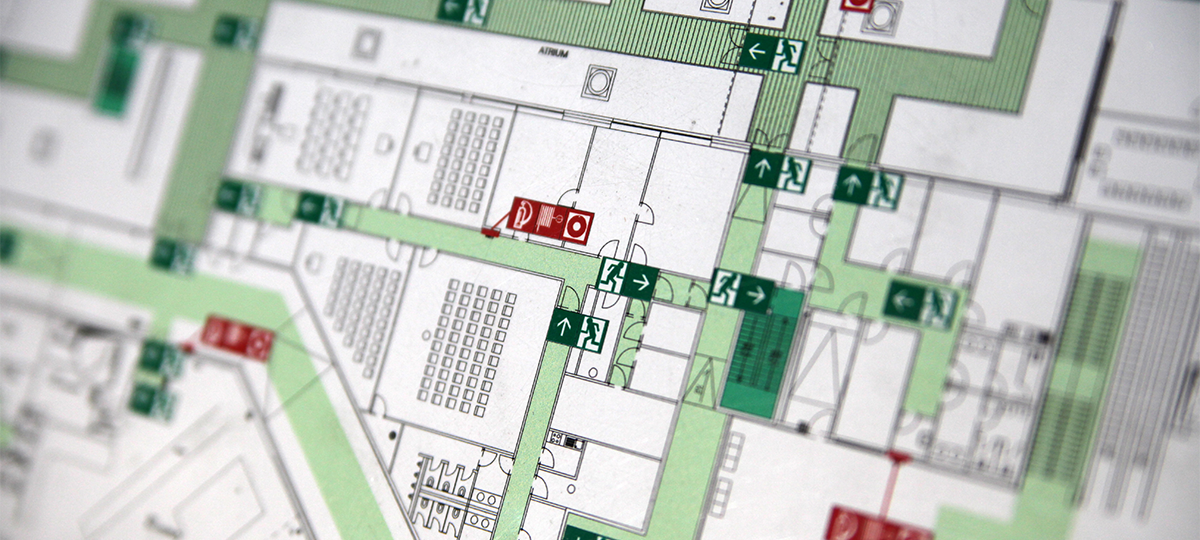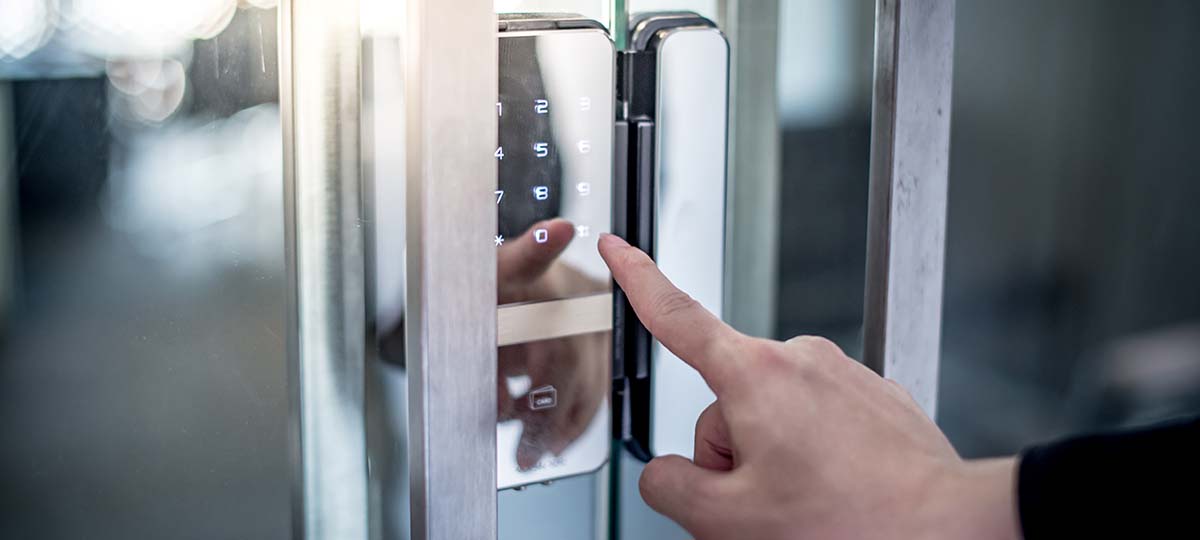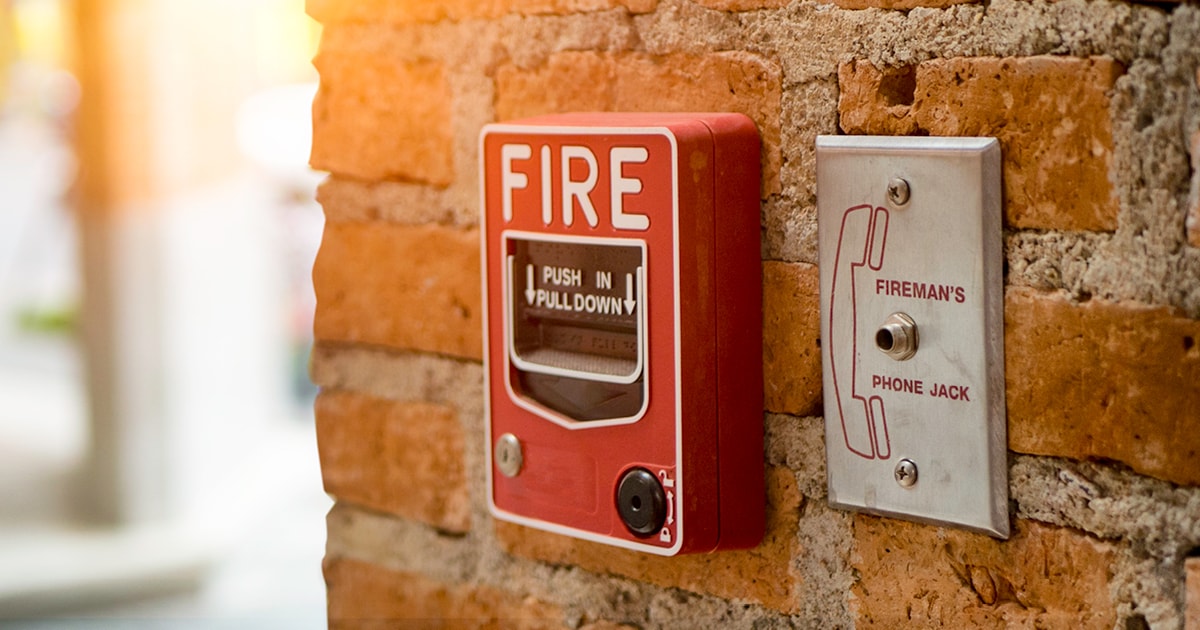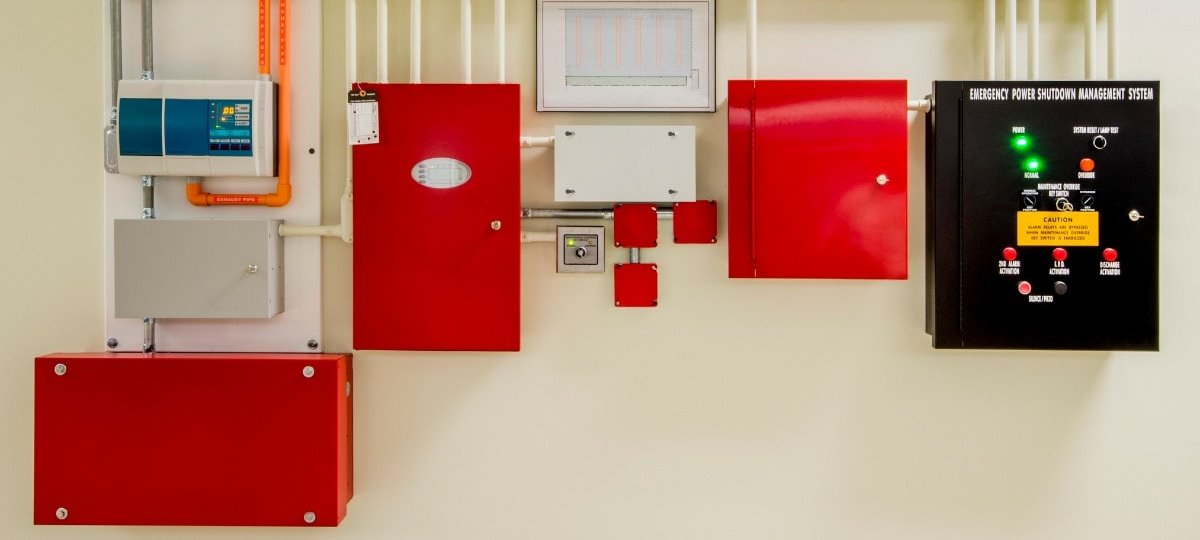The Cost of Professional Security Monitoring vs. Self-Monitoring
We recently talked about the various codes required for your security and fire protection systems. We also talked about why monitoring is vital as part of a business’ fire safety system—mainly because the code may require it.
This blog will address the pros and cons of self-monitoring your business’ entire alarm system versus the cost of professional security monitoring.
First, what is the difference between the two?
Professional vs. Self
A professionally monitored system—as the name implies—is actively and continuously observed by professionally trained personnel at a central monitoring station. These workers are trained, certified, and on standby 24/7 to receive and react to alarm signals. If a glass-break sensor is triggered, for example, the central monitoring station receives an immediate notification. Depending on protocols established with the business owner, the central monitoring station may first contact the owner or may immediately notify the local authorities.
In a self-monitored system, the business owner is responsible for the security system. This is generally hosted on a smartphone app that will send the business owner a text or email if an alarm is triggered. It is then up to the business owner to investigate the cause of the signal or to notify emergency responders, if necessary.
Pros of Professional Security Monitoring
Convenience is one of the biggest pros for a professionally monitored system. Outsourcing monitoring offers freedom and a reliable process for your business. You know that if you’ve gone out to dinner or away on vacation, continuous security monitoring is keeping an eye on your investment. You can relax knowing it’s in good hands because a monitored system will automatically notify the host company’s security team and often makes a direct connection to emergency services.
Cons of Professional Security Monitoring
The added expense is the main downside for a professionally monitored system. Most require a contract for a minimum period with monthly charges for the service.
Pros of Self-Monitoring Security
The primary upside of a self-monitored system is the cost. After the initial purchase of the security equipment, there are no more expenses. There are no contracts or monthly monitoring fees once the system is in place.
Cons of Self-Monitoring Security
Self-monitored systems usually require Wi-Fi and power connections. If the power goes out, your security system can be compromised. If you have a bad Wi-Fi signal or have turned off your phone, there’s no way to check on your business remotely.
The hidden up-front costs of self-monitoring can also be considered a disadvantage of self-monitored security. It can take you a lot of time to install the equipment and to respond to alarm signals at any time of the day.
Get Your Free Consultation
FSS and its certified technicians work with customers to create, install, and monitor individualized security systems made for every need and budget. We keep you, your business, and customers safe and give you peace of mind.



